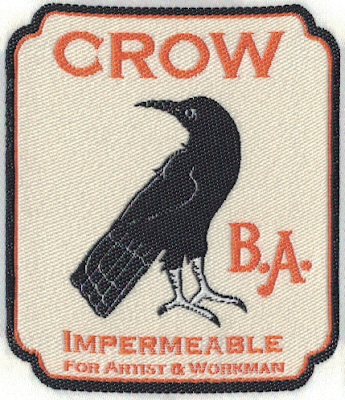The Sparta Battalion is a Russian separatist military unit
of the breakaway Donetsk People's Republic (DPR) in eastern Ukraine. It has
been fighting against the Armed Forces of Ukraine in the Donbas War and the
2022 Russian invasion.
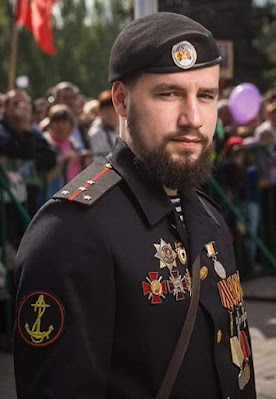 |
| Vladimir Zhoga |
Formed in 2014, it was initially led by the Russian-born
Arsen Pavlov (nicknamed “Motorola”) until his death in October 2016, and then
by Vladimir Zhoga from Sloviansk, until his death in March 2022.
 |
| Arsen Pavlov (“Motorola”) |
The Sparta Battalion has "a reputation for
ruthlessness". It has been accused of war crimes in Donbas. In February
2015, Ukrainian SSU started an investigation into allegations of war crimes
committed in January 2015 by the Battalion and its leader Arsen Pavlov, with
charges including murder, bullying, torture and forcing people into slave
labor.
The battalion flies the black-yellow-white flag of the
Russian Empire and, according to the European Eye on Radicalization, the unit
"uses a combination of symbols of the Spartan military culture, well-known
drivers of the far-right, and from the Tsarist era".
Its flag includes a letter M. According to a fighter
interviewed by The Independent, this is "because it is dedicated to
Motorola, our commander... a DPR hero".
 |
| Putin and Zhoga on 9 May 2022 |
Some observers had noted how the stylized red "M"
looks identical to the logo of the Sparta Rangers, a fictional faction of elite
soldiers from the Metro franchise, a series of books by Russian author Dmitry
Glukhovsky and videogames by Ukrainian developer 4A Games.











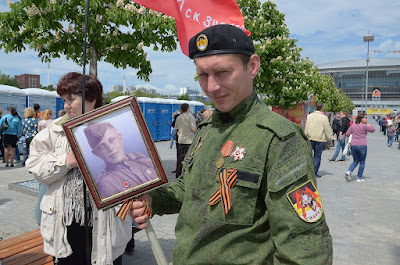




.jpg)

%20An%20Allegory%20of%20Spring.jpg)

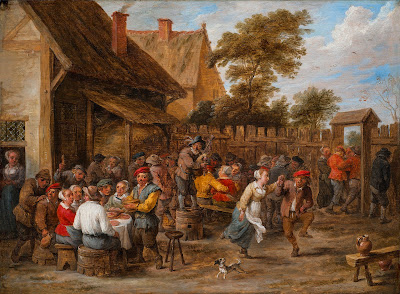

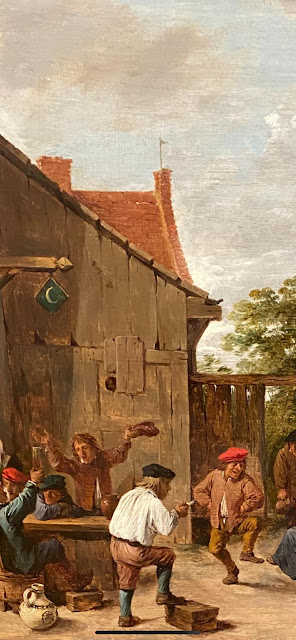






.jpg)

.png)

